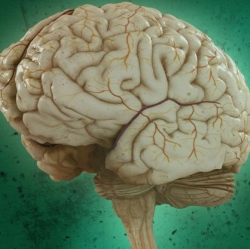
Over-expressing a specific gene could prompt growth of new neurons in the hippocampus, where learning and memory are regulated. The study, which used an animal model, found that over-expression of the TLX gene resulted in smart, faster learners that retained information better and longer.
Understanding the link between this gene and the growth of new neurons, or neurogenesis, is an important step in developing therapies to address impaired learning and memory associated with neurodegenerative diseases and aging. The new research was published June 9 in the Proceedings of the National Academy of Sciences.
“Memory loss is a major health problem, both in diseases like Alzheimer’s, but also just associated with aging,”said Yanhong Shi, Ph.D., lead author of the study and a neurosciences professor at City of Hope.
“In our study, we manipulated the expression of this receptor by introducing an additional copy of the gene, which obviously we cannot do outside the laboratory setting. The next step is to find the drug that can target this same gene.”
Researchers found that over-expression of the gene was actually associated with a physically larger brain, as well as the ability to learn a task quickly. Furthermore, over-expression of the gene was linked with the ability to remember, over a longer period of time, what had been learned. The discovery creates a new potential strategy for improving cognitive performance in elderly patients and those who have a neurological disease or brain injury.
